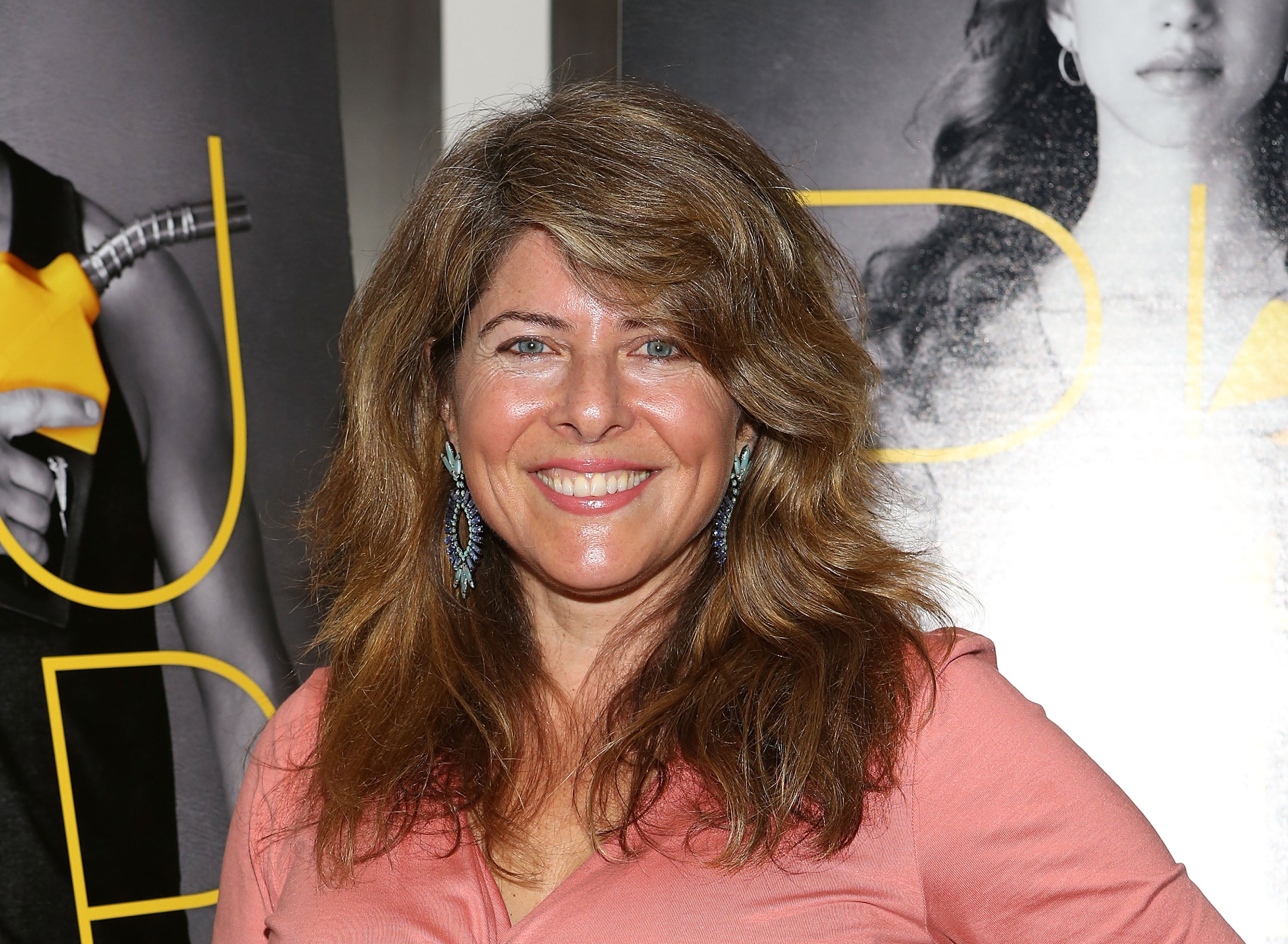Naomi Wolf, Donald Trump, and why Twitter and Facebook’s attempts to regulate their platforms may be too late
Governments and regulators are closing in on social media companies, whose attempts to make prominent users behave are too little, too late, writes James Moore


#GoodbyeNaomiWolf. And, yes, #GoodRiddance.
The one-time feminist icon, author of The Beauty Myth, and holder of an Oxford University PhD, has been banned for life from Twitter for peddling the worst form of paranoid anti-vaccine trash.
Recent missives include the claim that Covid vaccines are a “software platform that can receive uploads”, for which I was going to use the word “baseless” except that the more appropriate adjective would seem to be “bizarre”.
Even a post as unhinged as that almost pales by comparison to the idea that “vaccinated people’s urine/feces”(sic) need to be separated from general sewage supplies/waterways until the impact on unvaccinated people via drinking water is established.
Naomi Wolf seems to be living in her own personal episode of Black Mirror.
Small wonder that news of the ban was generally welcomed. But, of course, there were critics who inevitably raised the issue of free speech.
At this point, it’s worth noting that Wolf’s exclusion from Twitter came shortly after Facebook announced that Donald Trump’s suspended account would remain that way for two years.
The social network said it would then evaluate “external factors”, including the potential risk to public safety, before deciding on whether to reinstate the former president’s access.
It bears repeating, because it’s often wilfully ignored, that Facebook and Twitter are both private businesses with terms and conditions that users are required to sign up to before getting started – even if, as Trump’s previous social media postings demonstrate, they haven’t always been enforced with much in the way of consistency.
It is also worth pointing out that while Wolf may have lost the ability to send cuckoo tweets, no one’s going to hijack whatever aeroplane she chooses to fly on to get to the Fox News studios for her next appearance for the purposes of throwing her in jail.
The same is true of Trump, although he seems to prefer the channel’s smaller (and even more extreme) rival, Newsmax, these days.
If you want to know what a real squeeze on free speech looks like, just ask Roman Protasevich, the victim of just such an act of piracy, when he gets out of the Belarusian jail cell he currently occupies. If he gets out.
But while Twitter and Facebook are private businesses, which gives them broad leeway in the oversight of their platforms, those platforms are both appallingly powerful and influential, and their inability to get their heads around how best to handle the regulatory aspect of their businesses has inevitably drawn in governments, which are increasingly minded to take the job away from them.
One example of that would be the British government’s Online Safety Bill.
The fact that it has been subject to repeated delays rather demonstrates that the knotty problems presented by social media platforms pose a challenge for governments, too, even if they’re well intentioned.
The former Labour MP Ruth Smeeth, who knows a thing or two about the depths to which posts on social media can sink after she spoke out against antisemitism in the party, has voiced concerns about the bill turning into a “censor’s charter” in her current role as CEO of Index on Censorship.
The challenges posed by these platforms demand the sort of careful thought and consideration they’ve arguably played a role in sweeping aside.
That said, Twitter’s decision on Wolf was probably the right one. The same is true of Facebook’s vis-a-vis Trump, even though the debate there is arguably more nuanced (Angela Merkel, for one, is no fan of his social media blacklisting).
To quote an analogy that’s become something of a cliche in debates about free speech, you really shouldn’t be able to yell “Fire!” in a crowded theatre, even in the US with its first amendment.
In a very real sense, Wolf did just that. Malicious anti-vax falsehoods could get vulnerable people, who decline vaccination as a result of them, killed. Trump managed to incite an armed insurrection that did get people killed, with his repeated lies about the US election.
Their respective social media bans simply mean that their discordant trumpets have lost some of their volume. But they can still be blown – and heard.
So these people are no martyrs. It’s time to stop pretending that they are.
Join our commenting forum
Join thought-provoking conversations, follow other Independent readers and see their replies
Comments